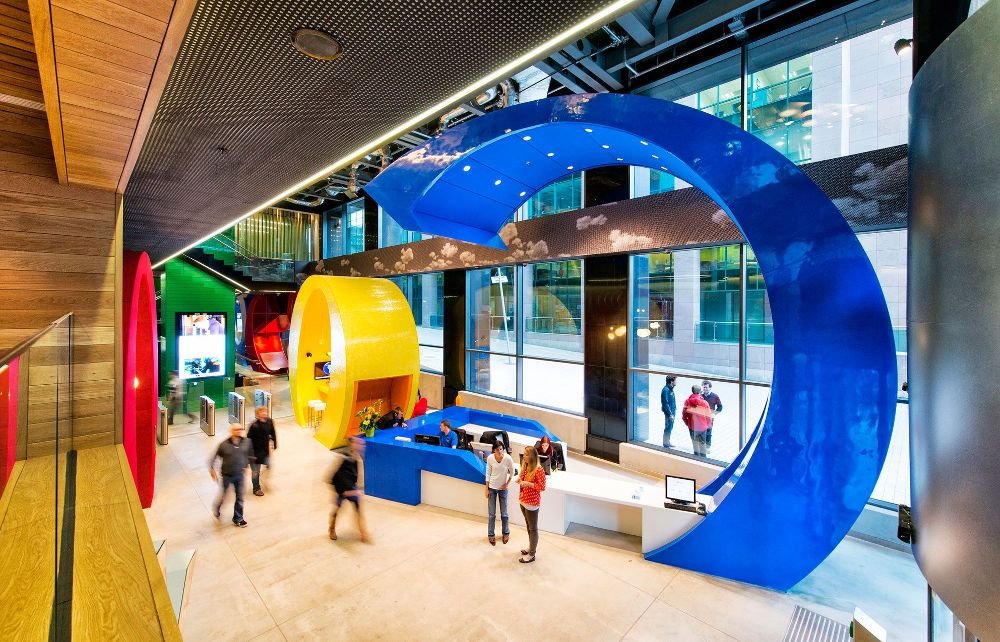See Also
This story was delivered to BI Intelligence Apps and Platforms Briefing subscribers. To learn more and subscribe, please click here.
Google is applying a new deployment strategy to roll out its virtual assistant, Google Assistant.
The model is reminiscent of Apple’s closed-off strategy, in which the software is tied to the hardware, and it’s vastly different than Google’s traditional open-source course of action, which applies the widest net possible to capture an audience. While this will initially limit the reach of the virtual assistant, it will likely help the company in a number of ways.
- It will allow Google to stand out in a saturated device market. Google’s past attempts to roll out tightly integrated devices, such as the Nexus, have largely fallen on deaf ears amid rival products such as the iPhone and Samsung Galaxy series. Similarly, the company is launching Google Home into a market that Amazon has mostly controlled since the launch of its Echo device at the end of 2014. The company is likely hoping that Google Assistant will enables it to stand out in the device market.
- It limits the number of users and ensures integrity of the system. By placing Google Assistant only within three form factors — Pixel, Google Home, and its messaging app Allo — Google is ensuring that it can control the number of devices through which users can access the AI. It also means that updates and kinks can be worked out of Assistant much faster than if developers needed to go through third parties like they do with Android.
- It sets up Google for the broader market. Google lead engineer Scott Huffman announced that Google plans to provide developers with a software developer kit (SDK) sometime in December. This will give developers the ability to add Google Assistant to their apps and devices, vastly increasing the reach of the virtual assistant and Google’s network of connected things.   Â
Ultimately, Google is making sure that it optimizes the user experience for Google Assistant in the first few months on the market, in terms of accuracy and usefulness. This will help encourage users to adopt the virtual assistant, which, in turn, will help Google position itself at the forefront of the burgeoning AI market.
To receive stories like this one directly to your inbox every morning, sign up for the Apps and Platforms Briefing newsletter. Click here to learn more about how you can gain risk-free access today.
Article source: http://www.businessinsider.com/heres-why-google-is-limiting-access-to-google-assistant-2016-10




